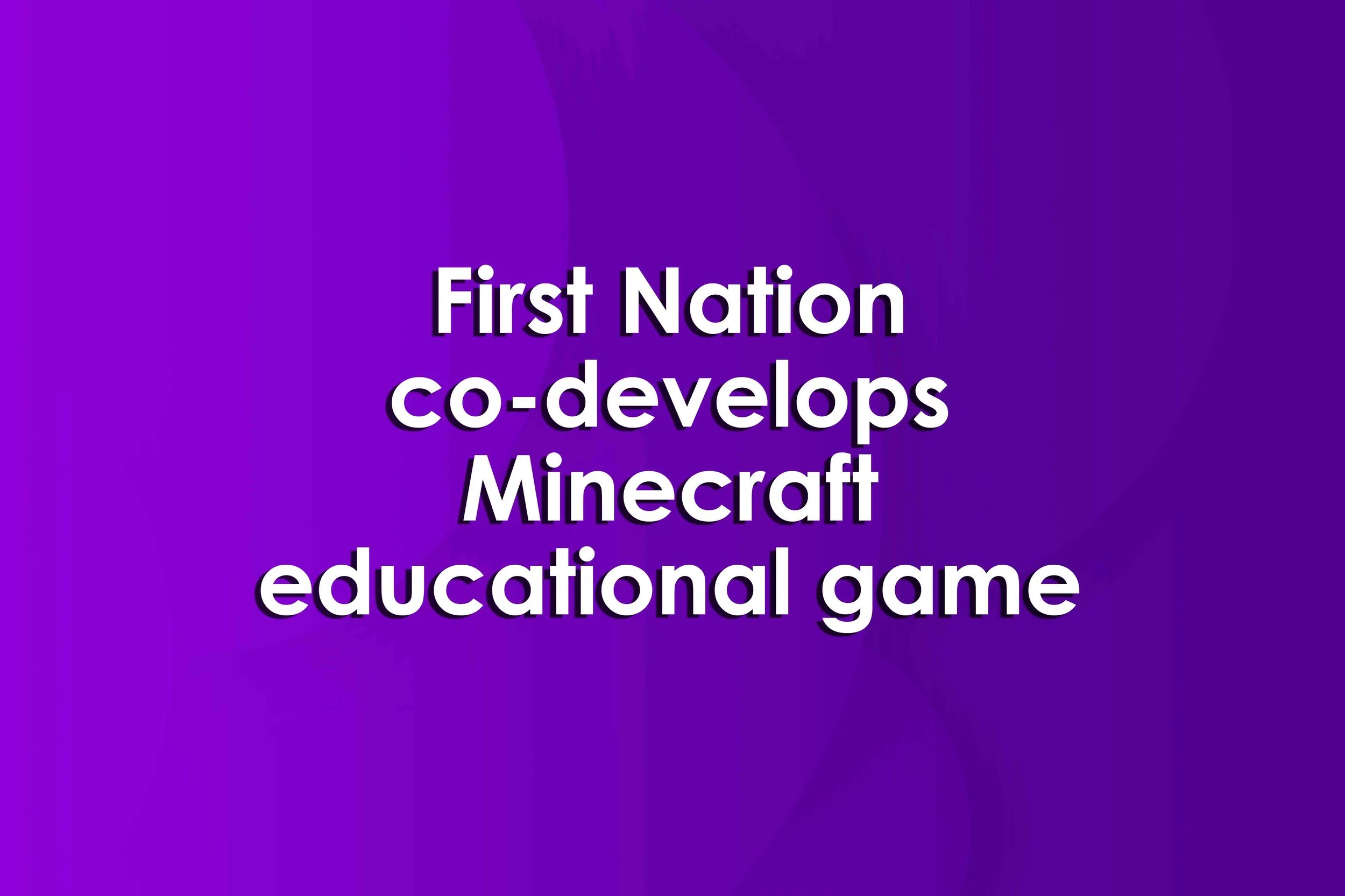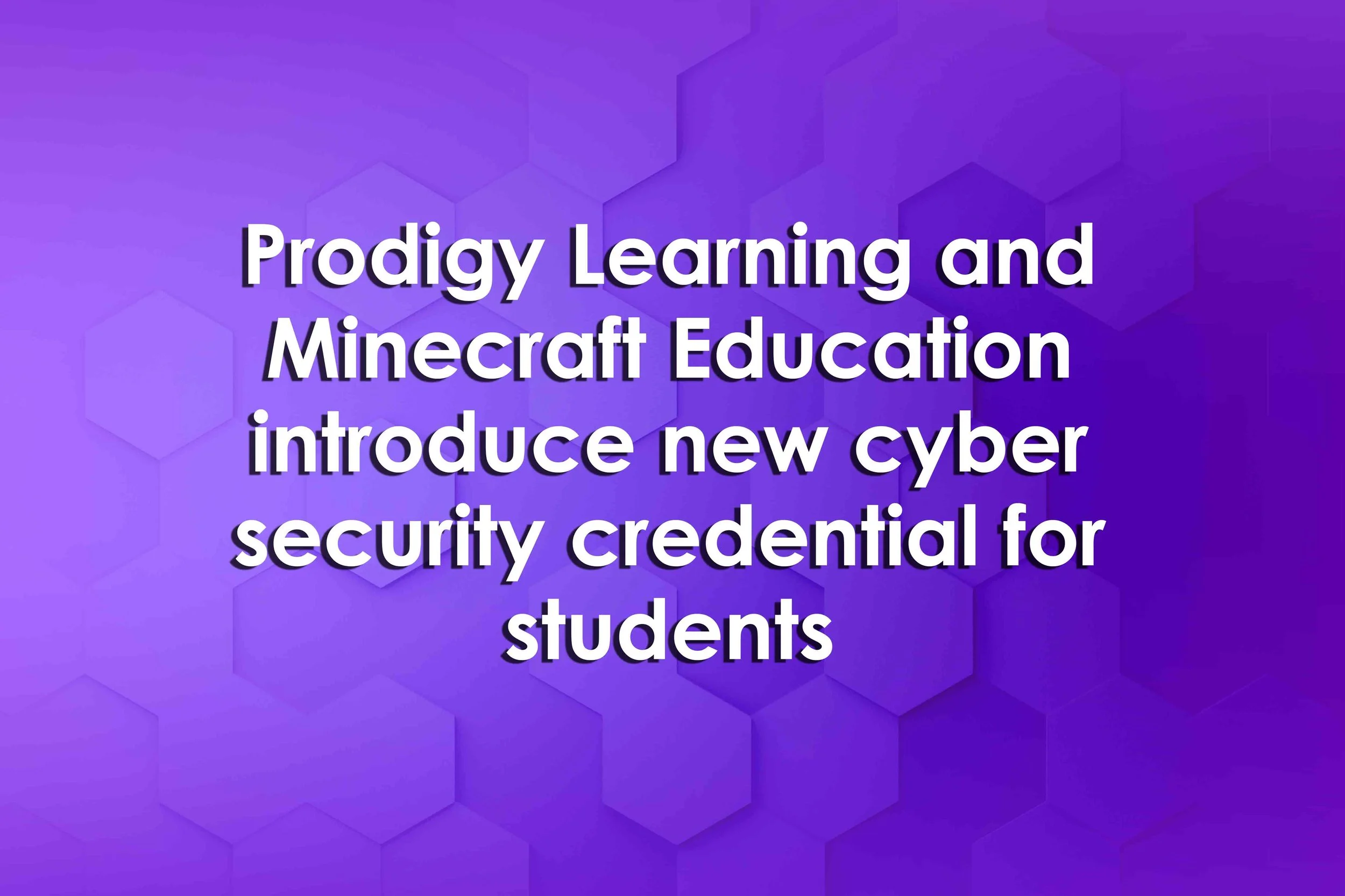Teaching economics to students outside the field of economics can be challenging due to their limited prior knowledge of economic concepts, mathematics, and abstract reasoning.
Read MoreIn July 2020, a 93-year-old woman with Alzheimer’s and Covid-19 played Go-Stop with nurse Lee Su-ryun in a Seoul hospital, overcoming isolation through the game. Despite the challenges of their situation, including the grandmother's confusion and the nurse's exhaustion, the simple card game bridged their connection.
Read MoreFamilies attending Edgerton Public Library's Robots and Rovers program praised the hands-on learning stations that allowed children and adults to explore coding and programming together. Developed by Stephanie Unertl, the program was part of her involvement in the 2024 PBS KIDS Library Educator and Community Learning Cohort.
Read MoreOn July 9, 2013, NCAA Football 14 was released, and gamers eagerly embraced it. However, it would be 11 years before the next edition, NCAA Football 24, launched in 2024. Nostalgia surrounded the release, though many were disappointed, as expectations rarely align with reality.
Read MoreDr. Jamie Murray, an expert in human episodic memory, applies his research to improve learning in educational settings. He earned a Ph.D. in cognitive neuroscience from the University of Stirling and completed postdoctoral work on memory precision across the lifespan.
Read MoreIan Dallas, founder of Giant Sparrow, is known for his experimental approach to game design. Following the success of What Remains of Edith Finch, he is now working on a new game centered around a biologist studying animals.
Read MoreThe Mind Blown League, a play-based learning game, aims to boost eco-awareness and education among primary school learners. Recently, 16 students from Ekuthuleni Primary School, KwaMashu, participated, engaging in a card game that teaches science, technology, and environmental facts through a “Myth or Fact” format.
Read MoreBloodvein First Nation, in collaboration with Logics Academy, has developed a special edition of Minecraft Education to teach students about land stewardship and the Anishinaabe way of life.
Read MoreProdigy Learning, in partnership with Minecraft Education, has launched the ‘Cyber in Minecraft’ credential programme, aimed at teaching cybersecurity skills to students. The program, the first release from their collaboration, uses Minecraft to engage students in learning digital citizenship, networking, and security.
Read MoreAt the Serious Play conference held at U of T Mississauga, over 300 scholars explored the use of games in education. One highlight was “The Cutie,” an augmented reality game developed at Yale School of Medicine to teach ICU visitors how to prevent germ spread.
Read MoreA study by Dr. Leonard Annetta at East Carolina University found that Plasma Games' Sci-Ops: Global Defense video game significantly boosted student learning, motivation, and confidence in chemistry.
Read MoreA systematic review and meta-analysis published in JAMA Pediatrics suggests that gamified digital mental health interventions may effectively treat children and adolescents with depression and ADHD.
Read MoreIn the early 2010s, while working on Lineage II, I noticed a troubling trend in video games: male characters were often the heroes, while female characters were typically sexualized and designed to be rescued. This raised questions about how developers viewed women and their responsibility in shaping digital worlds.
Read MorePlaying video games during childhood may offer benefits that extend into adulthood, including higher salaries and valuable skills. A study by Prodigy Education found that adults who gamed as children earn an average of $5,451 more annually than non-gamers, with FIFA players earning the highest salaries.
Read MoreA preprint study suggests that playing video games enhances cognitive abilities, such as memory, attention, and problem-solving, but does not affect mental health. In contrast, exercise (150+ minutes per week) improves mental health, reducing symptoms of depression and anxiety, but does not impact cognitive ability.
Read MoreACM Studio at UCLA is a student-run organization focused on game development, offering resources and programs for all skill levels. The club hosts classes, guest speakers, workshops, and social events, such as game jams and a two-quarter program where students design their own games.
Read MoreSixteen pupils from Ekuthuleni Primary School in Durban are among 5,000 students across 100 eThekwini schools participating in the MindBlown game, a play-based learning tool. The game, added to the Domino Foundation's Life Skills program, encourages reading, teamwork, and learning science and technology facts.
Read MoreHeritage gamification, a growing trend in tourism, combines cultural education and technology to attract visitors, especially younger generations. In Vietnam, games like those at Đường Lâm Village and the Hùng Vương Museum engage tourists by immersing them in interactive, educational experiences tied to local heritage.
Read MoreDanii Wills, a 32-year-old mother, found solace in "cosy gaming"—a genre that emphasizes relaxing tasks, community-building, and creative control, such as Animal Crossing and Stardew Valley. These games have helped her cope with anxiety, depression, and ADHD, providing a sense of community through online interactions.
Read MoreUnion Minister of State for Education Sukanta Majumdar highlighted the benefits of online games and their potential to enhance education. Speaking at the Indian Gaming Convention in New Delhi, he emphasized how gamification can make learning more engaging, accessible, and effective by fostering critical thinking, problem-solving, and creativity.
Read More




















